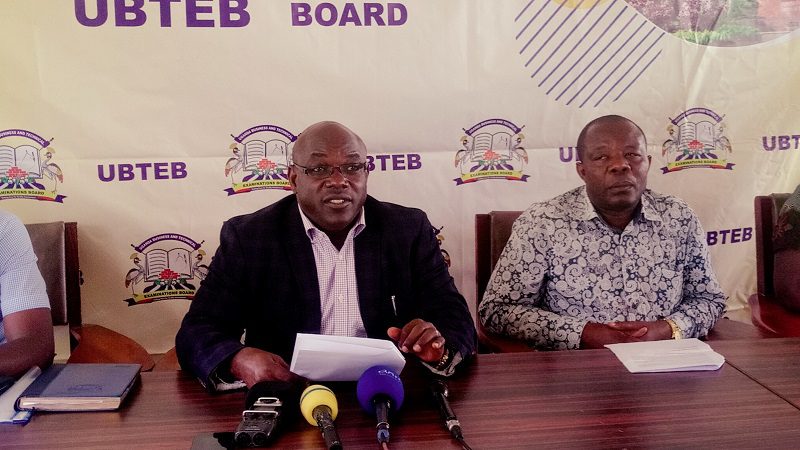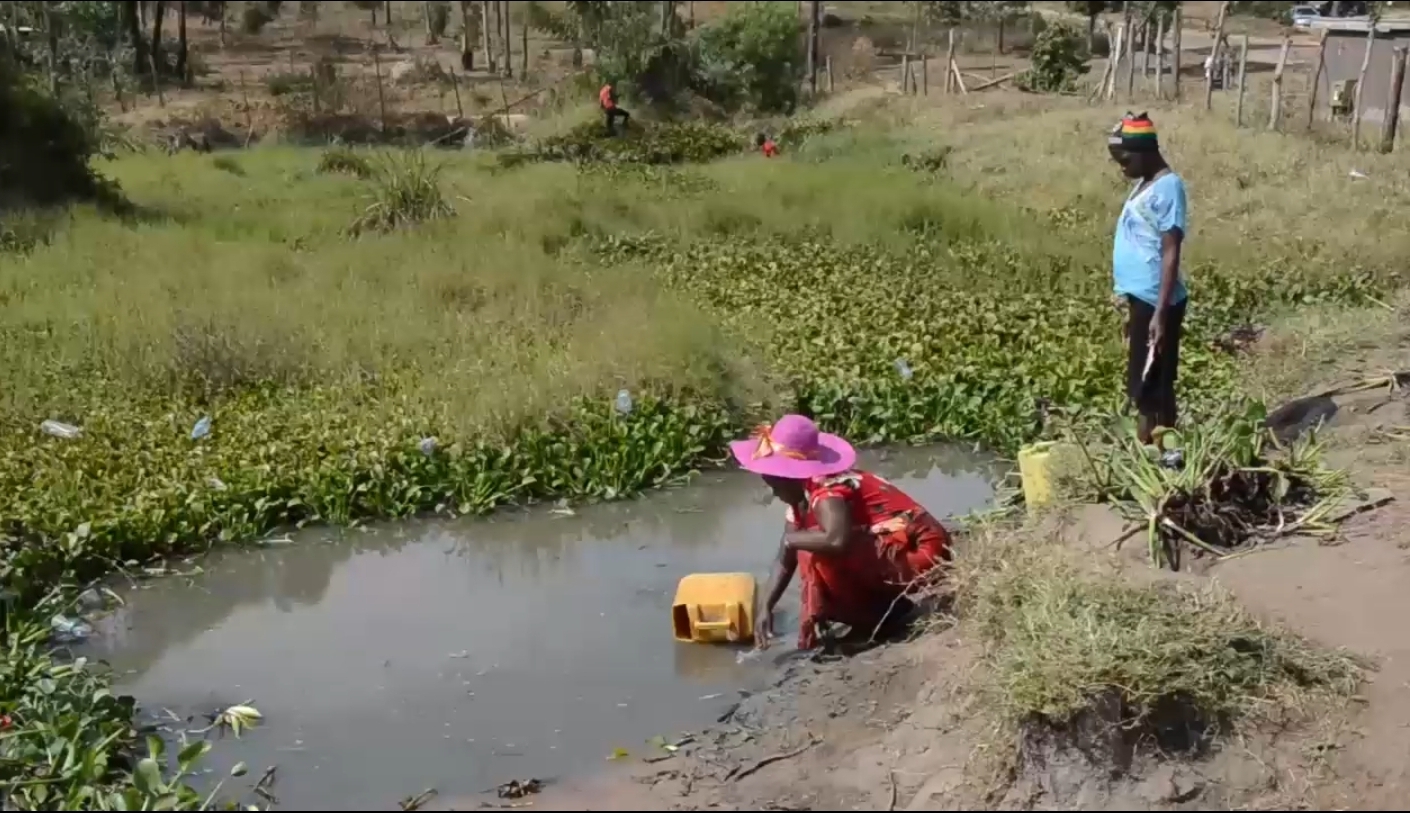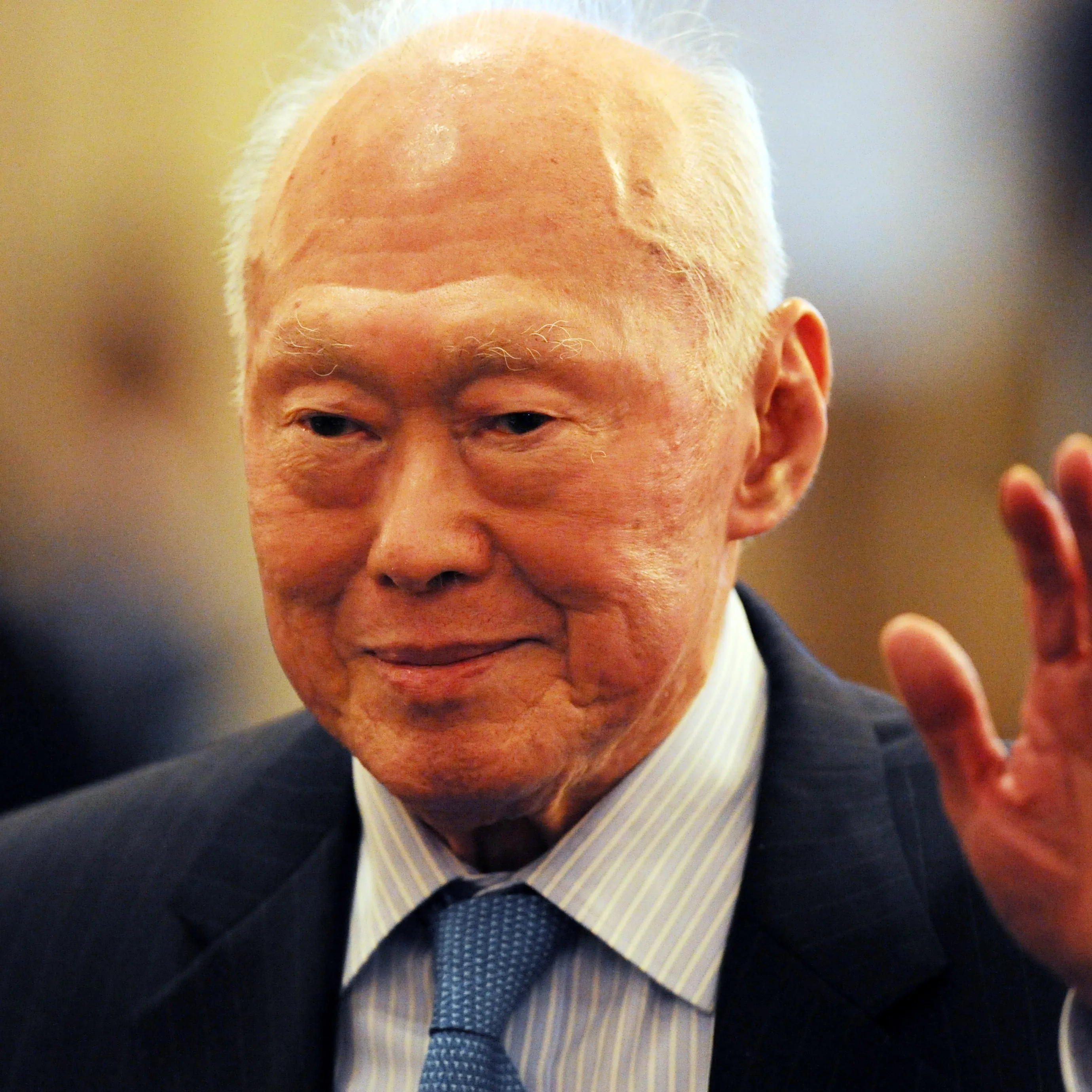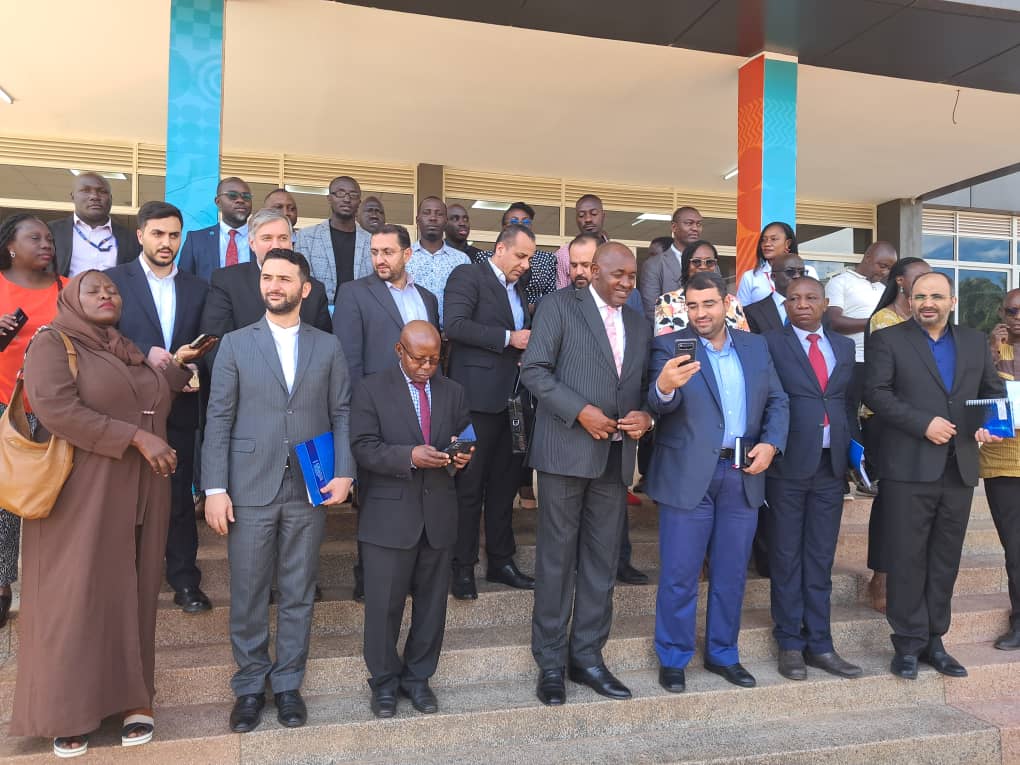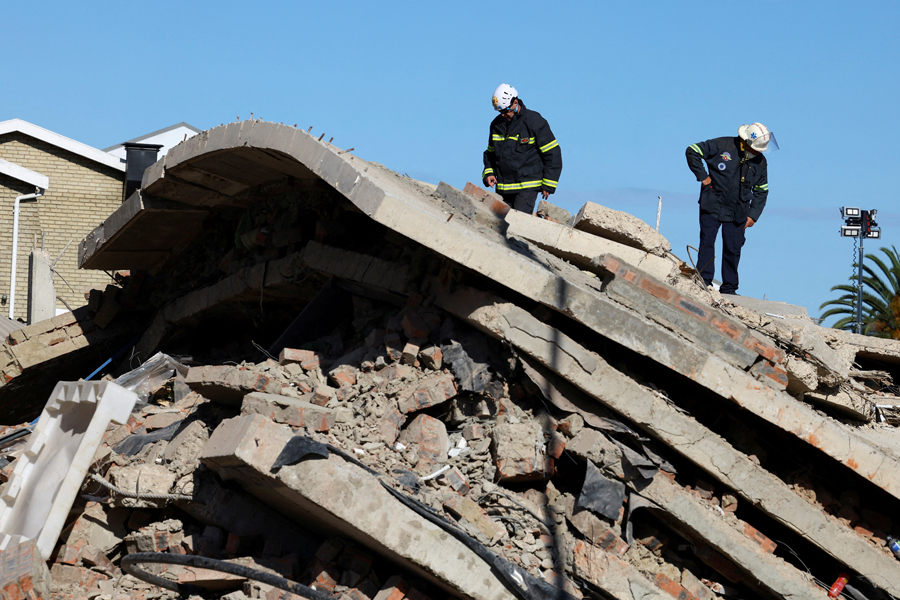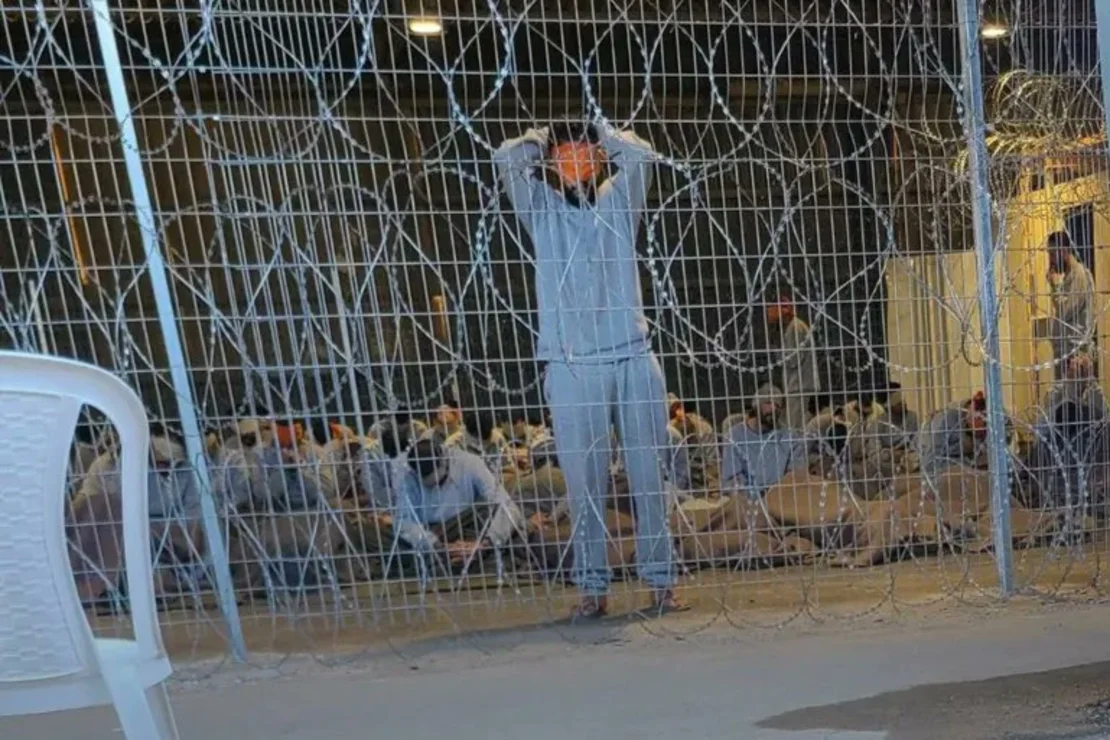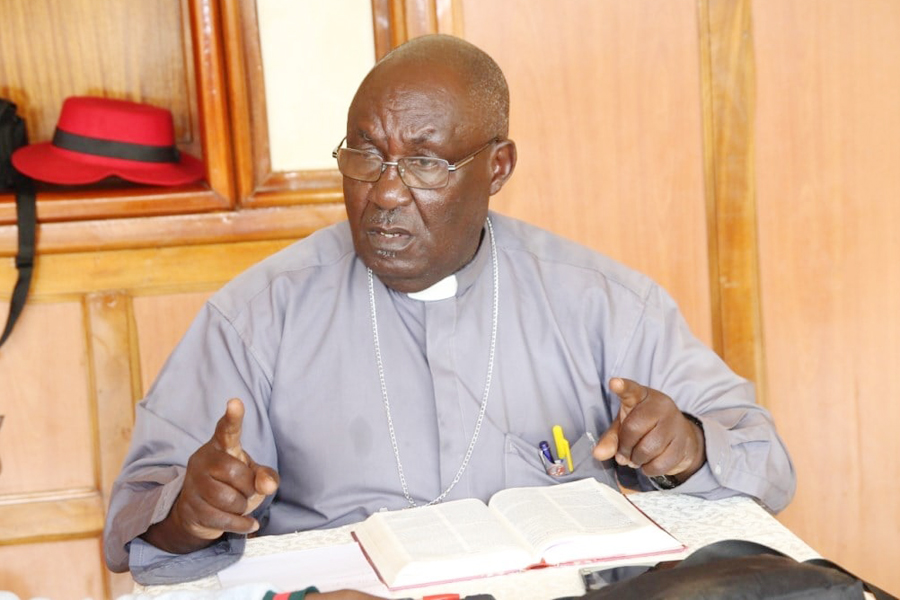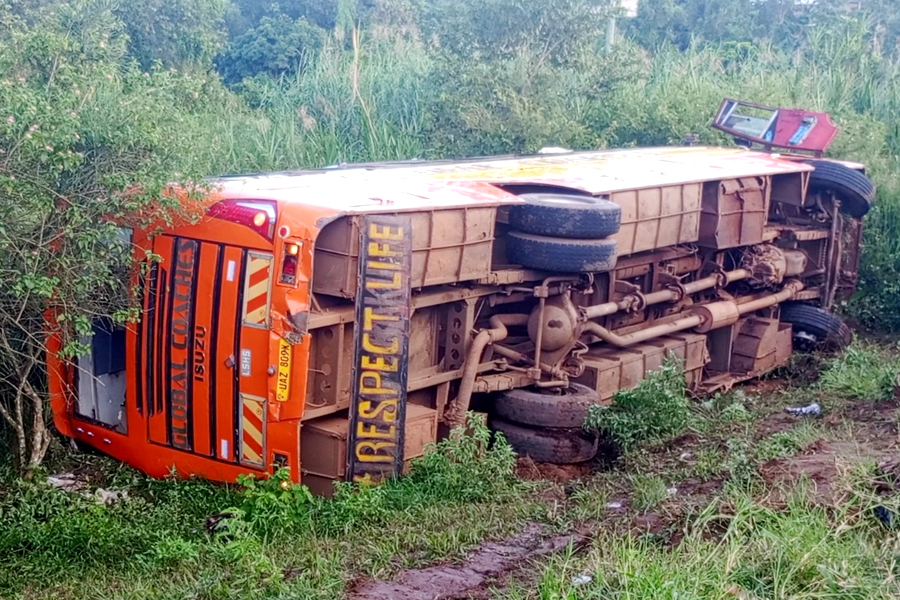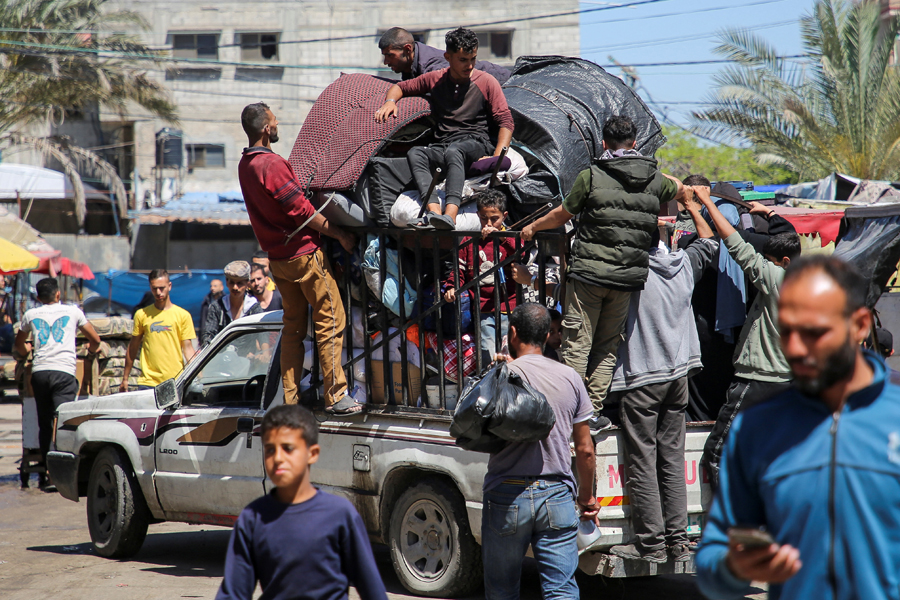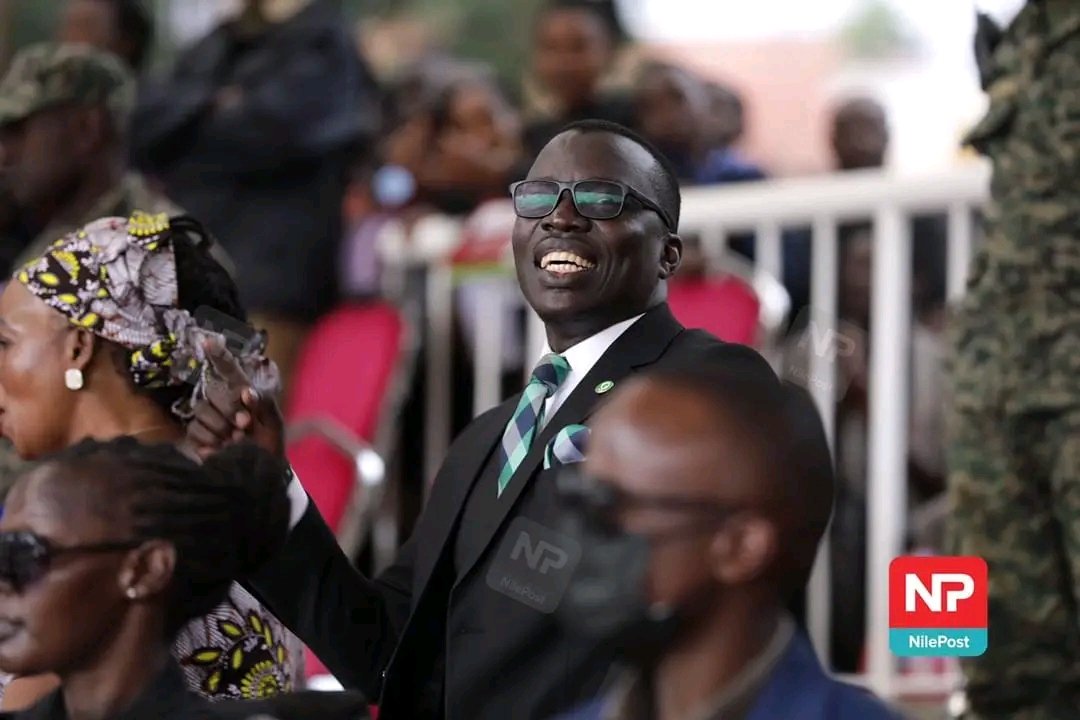Cash for work project to help refugees host communities support themselves

By Job Ronny Okot
With the cut in food aid, extreme poverty and adverse weather conditions refugees and host communities in Uganda continue to face unprecedented hardships.
Keep Reading
Uganda is home to more than 1.4 million refugees, majority of them are from the South Sudan, and DR Congo, and have settled in areas within the Acholi and West Nile Sub-regions.
In some areas like Obongi district, the refugees constitute more than half of the host community`s population and this high number is tallied to Uganda`s open-door policy to refugees.
With the extreme conditions such as poverty, inadequate food supply and limited access to social services, cases of crimes and violent exchange between the refugees and host communities have been witnessed.
However, hope is steadily being restored among these communities with the intervention of the Uganda United Nations Development Program (UNDP) in partnership with the Korea International Cooperation Agency (KOICA) through the Cash for Work Project.
This project is helping refugees and host communities for a sustainable livelihoods and improved well-being of the former and latter.
The UNDP-KOICA`s Cash for Work Project empowers beneficiaries, who are the most vulnerable to grow different crops for food and commercial purposes in turn to support food security, add nutritional value and ensure financial literacy and independence.
Established in 2010, the project has steered Uganda`s development terrain through strategic investments and sustained collaboration.
Up to $150 million which is approximately shs556 billion has been injected to support the humanitarian relief, transportation, rural development, health, and education, extending to over 2,700 refugees and host communities.
Grace Butia, a mother of seven who fled armed conflicts in Sudan in 2016 has settled in Obogobu Village in Gimara Sub County, Obongi district.
Butia does not only feel the pain of little food and access to social services, but, she also lacks adequate cash for her needs.
However, this is slowly becoming history few years after she was successfully selected to benefit from the Cash for Work Project.
To fend for herself, Butia was a casual employee selling fish at the shores of River Nile to buy food, get medical treatment, and clothes among other basic needs.
She was unable to save her money for a bigger project due to financial illiteracy, however, three years down the road after becoming a Cash for Work beneficiary, Butia now owns two fish mongering boats.
This is like a dream come true to Butia, as she started from one boat but now owns two, and is able to save at least 10,000 shillings daily to acquire her basic necessities.
Francis Ida, is one among the many members of the host communities in Adjumani district who lacked access to social services such as school, markets, and health centres.
However, few years ago Ida teamed up with 30 other people, ad received financial support worth 400,000 shillings.
The group teamed up from an agro-forestry project, each member was earning shs10,000 per day, but, the money has now grown, renovated schools and employed two teachers who are paid by parents to support education in their village.
All these progress is attributed to the formation of the Village Savings and Lending Association (VSLA) which was supported by UNDP-KOICA Cash for Work Project through financial management training.
Hundreds of other beneficiaries boost of the project`s support to them through the formulation of business ideas, goat rearing, apiary, fish farming and financial literacy leading to the establishment of many enterprises.
Samuel Ashaka, the Resident District Commissioner (RDC) of Obongi, an area which hosts over 130,000 refugees say the project is a living testimony as it has promoted peace co-existence between the refugees and host communities and shouldered the refugee burden that would have toiled on the government.
The project has supported infrastructural development in the Acholi.


